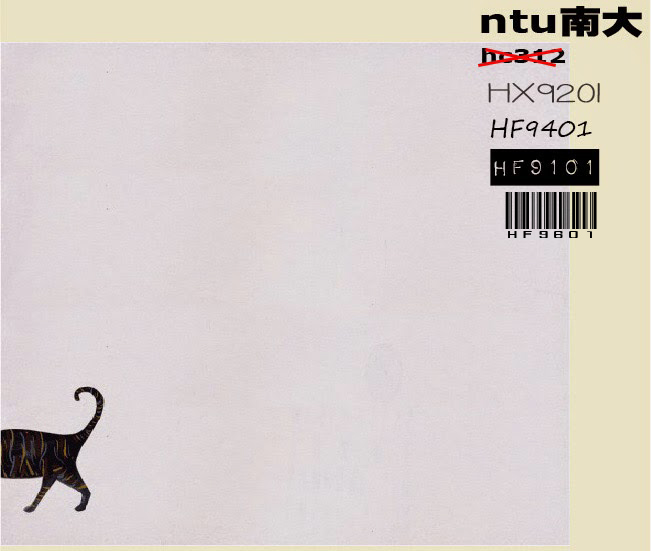
The Portuguese novelist José Saramago, who explored Portugal's troubled political identity in a series of novels published over the last four decades and won the Nobel prize for literature in 1998, died today at the age of 87.
An outspoken atheist and communist, he challenged the orthodoxies of post-dictatorship Portuguese life with novels such as Baltasar and Blimunda, The Year of the Death of Ricardo Reis and All the Names, but reached his widest audience with the 2008 film of his 1995 novel, Blindness, directed by Fernando Meirelles. He spent the last years of his life in Lanzarote after the Portuguese government had vetoed the nomination of his novel The Gospel According to Jesus Christ for an EU literary prize in 1992.
His translator Margaret Jull Costa hailed his "wonderful imagination" and his focus on the "dignity of the ordinary man".
"He was the greatest contemporary Portuguese writer," she said, "a complete original. It's been an enormous privilege to have translated his work."
Born in 1922, he worked as a car mechanic and a journalist before devoting himself to fiction in his 50s. His breakthrough came in 1982 with his fourth novel, Baltasar and Blimunda, a story of the love of a maimed soldier for a young clairvoyant in 18th-century Lisbon. Giovanni Pontiero's 1988 English translation brought his work to a international prominence.
His reputation grew through the 1980s and 90s as he published a series of important and fantastical novels, written in a flowing mellifluous prose which follows the rhythm of speech. The Year of the Death of Ricardo Reis, first published in 1984, is widely acknowledged to be his masterpiece – an account of the return to Lisbon of an imaginary character invented by the Portuguese writer Fernando Pessoa after the death of his creator. The Stone Raft, first published in 1986, imagines the Iberian peninsula cut off from Europe and adrift on the Atlantic, while All the Names (1997) turns a registry office clerk into a hero as he sets off in pursuit of an unknown woman.
Praised by the Swedish Academy for his "parables sustained by imagination, compassion and irony", the award of the Nobel prize in 1998 took his fame to a new level.
Saramago's editor at Harvill Secker, Rebecca Carter, found it "hard to take in the fact that someone as vibrant should have left us", and saluted his body of work as "one of the most important of the last century – radical, witty, humane, endlessly challenging and questioning".
He continued to write until his death, and experimented with a daily blog, Outros Cadernos de Saramago, in 2008, which was published between hard covers as The Notebook in English earlier this year. A bout of pneumonia left him seriously ill last year, but he had made a full recovery and was expected to appear at the Edinburgh festival in August to promote his latest book in English, The Elephant's Journey. His last book, Cain, in which Abel's brother serves as a kind of alter-ego as he travels through the Old Testament, was published in 2009 with an English translation expected next year.
--Richard Lea, guardian.co.uk
